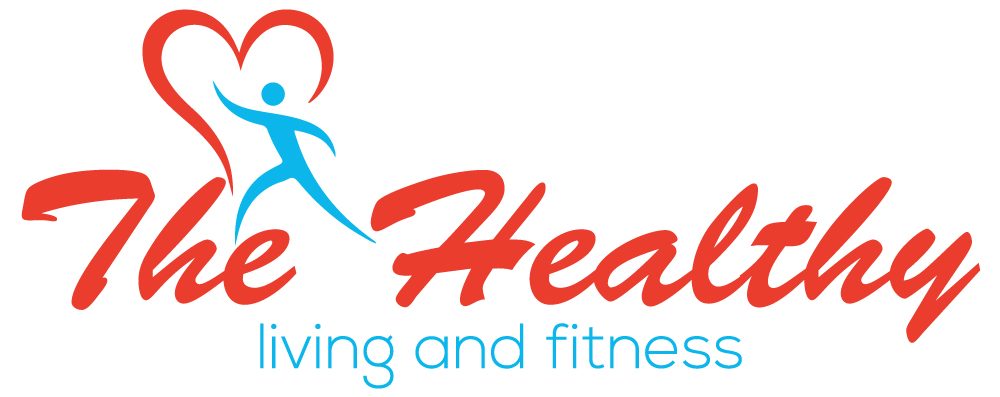Everyone is told that weight loss is made up of 80% diet but there are so many… Intermittent fasting (IF) isn’t just a diet it’s an eating pattern and here is everything you need to know about it.
Benefits of Intermittent Fasting
There is a large range of benefits from intermittent fasting such as:
- helping to boost your metabolism by consuming fewer calories which in turn helps with effective weight loss including belly fat.
- IF also lowers the risk of type two diabetes. Which 1 in 10 people over 40 in the UK are living with.
- IF has shown to help fight inflammation in the body and reduces oxidative damage, which can be beneficial regarding ageing and development of numerous diseases these are beneficial for the brain and heart.
- Fasting triggers Autography where your cells begin to process themselves, cell components, (misfolded proteins) are recycled and the cells can be completely renewed.
Studies on Intermittent Fasting
Several studies have been done on the effects of IF. These studies were done on animals and humans, it was found that IF has lots of benefits for the brain such as, protecting against damage due to strokes, the development of new nerve cells which benefit the brain in respects to delaying the onset of disease like Alzheimer’s. It reduces the severity of others namely Huntington’s or Parkinson’s. Research found that IF helps clear out toxins and damaged cells which in turn will lower the risk of some cancers and enhance brain function.
Methods of Intermittent Fasting
There are different methods of fasting such as:
- 16/8, this is where you fast for 16 hours of the day and have an eating window of 8 hours. You can personalise this how you like, you can start off doing 14/10 then progress to 20/4 it’s down to your preference.
- 5:2, this method requires you to eat normally five days of the week then restrict your food consumption to 500/600 calories a day for two days.
- Eat Stop Eat, this method involves two 24-hour fasts a week. Usually you would fast from dinner one day to dinner the next. For example, you stop eating after dinner on Monday at 6pm and then you don’t eat until 6pm on Tuesday
- Alternate-Day Fasting, is where you fast every other day, there are several versions of this, for example you can consume 500/600 calories on your fasting days or you can do a full 24hr fast. A full fast can be excessive so it isn’t really recommended, this method also isn’t as viable long term.
While participating in Intermittent Fasting it’s important to not drop below 1,200 calories a day with the exception of the 5:2 method. You should still have a balanced diet and during your fast you’re allowed to consume water, black coffee and other zero calorie beverages. Intermittent Fasting is exceedingly effective when done properly. Please be responsible when participating in Intermittent Fasting.
